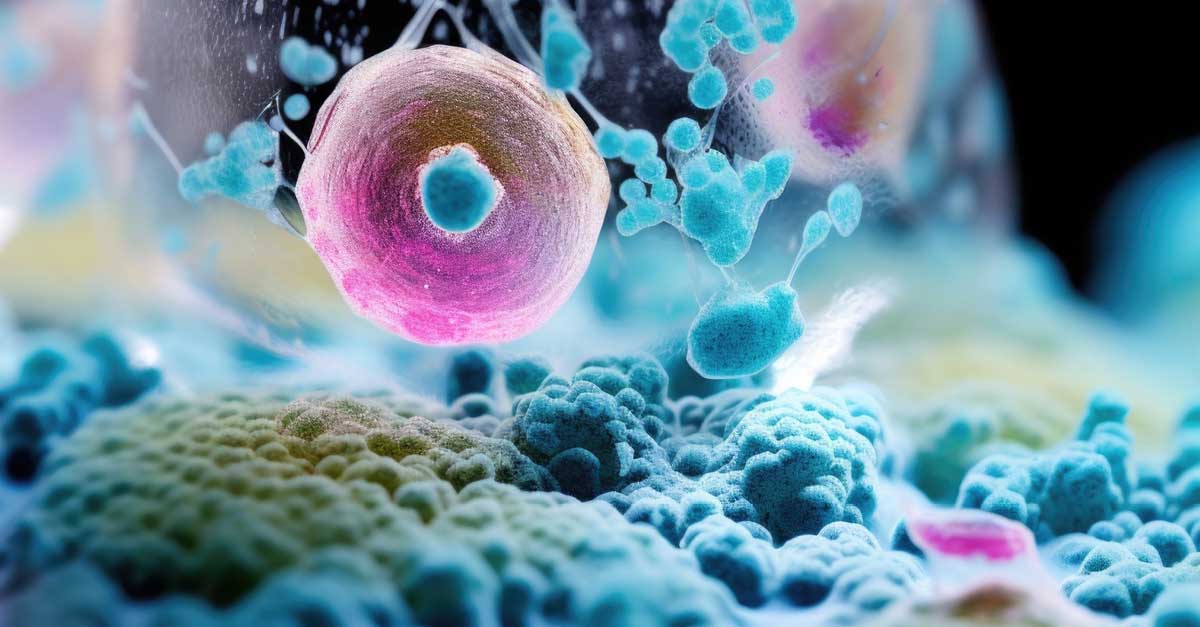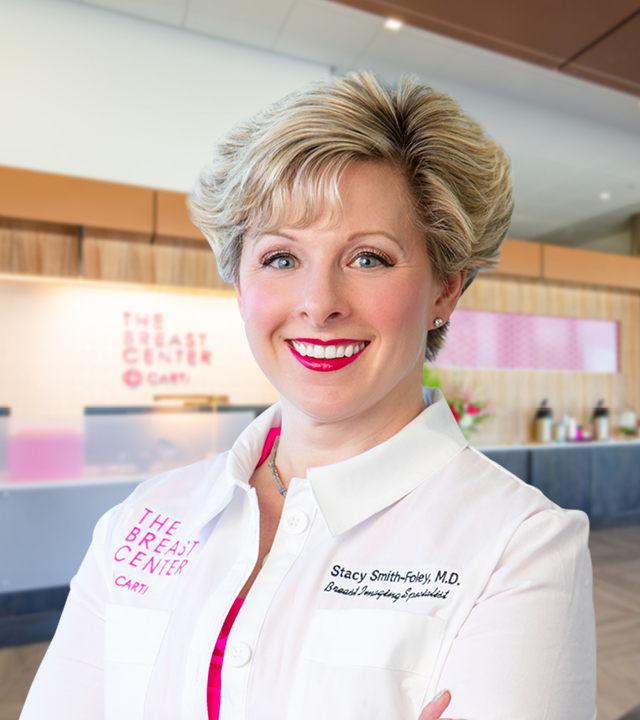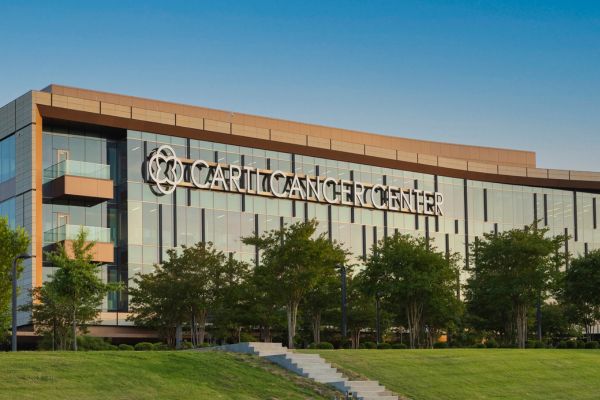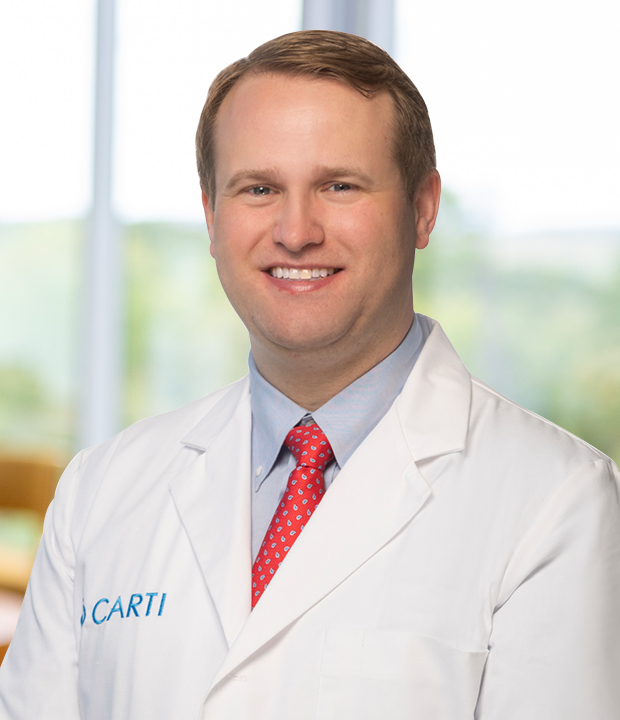CARTI Looks to Clinical Trials to Provide Patients More Options
At CARTI, the treatment process starts with medical oncology. In an individualized fashion, we determine what the patient needs, and when. Does the patient need radiation or surgery or chemotherapy?
When patients come to us, they want to know, “What do the next four, six, eight weeks look like?”
Of course, there is no one-size-fits-all solution. The future of cancer treatment is in personalized, precise medicine, including immunotherapy.
Our knowledge about different types of cancer has exploded in recent years. It’s challenging to keep up with all the developments. We have a lot more testing at our disposal. Science has outpaced FDA approval and insurers’ ability to keep up with the evidence.
A big part of our job as clinicians at CARTI is keeping up with what’s new, whether it’s pivotal studies that will change the standard of care or additional treatment options regardless of the cancer subtype. As we do this, we are bringing these options to our patients now through meeting with patients’ insurance companies to get therapies on formulary or by getting assistance though all the various entities in the healthcare sector.

Collaboration is also key. While there is a trend toward subspecialists in oncology, all CARTI physicians still treat all types of cancers. This helps us maintain very collegial relationships. We’re constantly discussing and asking each other, “Is there anything new you’ve seen?” It’s not unusual for me to have several different discussions throughout the day such as, “What would you give this guy?” or, “What’s your take/what would you do?” in between our weekly tumor board conference.
Above all else, our patients are getting the best standard of care. We always want to be pushing what we can give our patients. We want to be able to say, “Here’s another option. We think this could be better.”
Traditional Clinical Trials
Many of the developments in cancer treatment are due to clinical trials, which help doctors determine whether new treatments are safe and effective and work better than current treatments.
A trial currently underway at CARTI that we are particularly excited about examines the effectiveness of a new drug to treat advanced small cell lung cancer. In Arkansas, lung cancer has the highest mortality rate, so this is of particular relevance to our patients.
However, our research is not limited to the treatment of cancer, but also the treatment of symptoms the therapy may cause. We want to improve survival rates, but we also want to improve quality of life during treatment. A current example of this type of clinical trial is related to women with breast cancer who suffer from chemo-induced nausea and vomiting (CINV). The side effects have been known even to deter some patients from seeking treatment. A tablet form of a drug being studied looks into the combination in IV form that helps eliminate the side effects of chemo. We have enrolled nine participants, and most have shown an improvement in nausea and vomiting.
We’re not just plucking these trials out of thin air. The trials and doses have been well established by the leading cancer industry researchers, pharmacists and physicians who have conducted early phase trials. We are very intentional in the trials we select to give the patients with most need access to what we believe are better treatment options.
I believe access to networks of clinical trials is the future of oncology. One of our goals at CARTI is to offer patients more options. We want to offer the very best care without patients having to leave Arkansas.
But clinical trials take a lot of resources.
Just-In-Time Research
Companies like Pharmatech and Optimal Research are helping us close this gap.
Just In Time (JIT) is a rapid start-up process by which research sites screen for patients prior to activation. Using the JIT approach, Pharmatech and Optimal Research can activate our research site for clinical trials within two weeks. The program reduces the burden on research facilities like ours, and allows us access to a larger number of potential trials when we have even one eligible patient. We are enrolling patients in JIT studies for lymphoma, pancreatic and breast cancer.
This approach saves CARTI time and energy and provides additional treatment opportunities for our patients. In the traditional model, it takes two to three months to open a trial, and then you start looking for patients. But more likely, for most of these clinical trial treatment options, the patients would have to travel hours away to someplace like MD Anderson, Washington University or Vanderbilt. With this model, we can have patients enrolled and on a drug within two weeks. We let physicians know what trials are available, and they can screen for their patients. CARTI patients are getting the same trial opportunities close to home. We want to be a destination cancer center, where you can go for the most advanced treatment without leaving Arkansas. Patients can stay in their homes, with their support groups, and keep going to their jobs while they seek treatment.
At CARTI, the principal investigators and the research team are meeting with the medical science liaisons from the pharmaceutical companies to stay informed of new trials in the pipeline. We are always reviewing new protocols in an effort to open studies that will be beneficial to our patients. We look for trials that meet a need for our patients with specific indications such as colon or pancreatic cancer.
Every person at CARTI involved in our patients’ care wants the journey to be one where the bar is raised on the “standard of care”. We want to be delivering the standard of care of tomorrow now.








